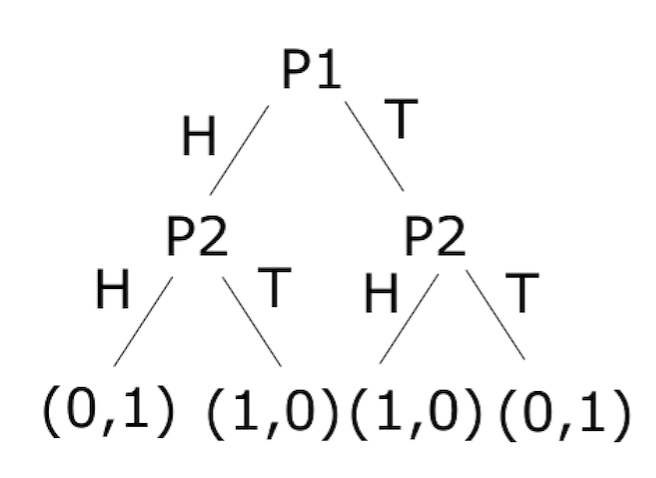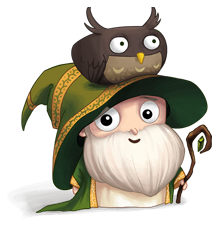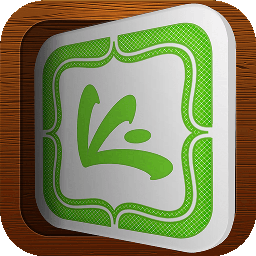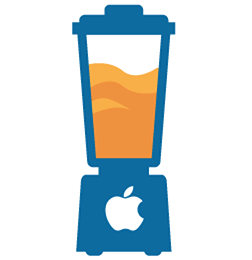A Brief Introduction to Game Theory

Game Theory is a field shared by math and economics that aims to describe strategies and outcomes of games. A game is simply a set of possible decisions and their outcomes. While Game Theory is immediately applicable to certain board games (Tic-Tac-Toe and Chess among others), its usefulness goes far beyond into areas such as public policy and business strategy.





